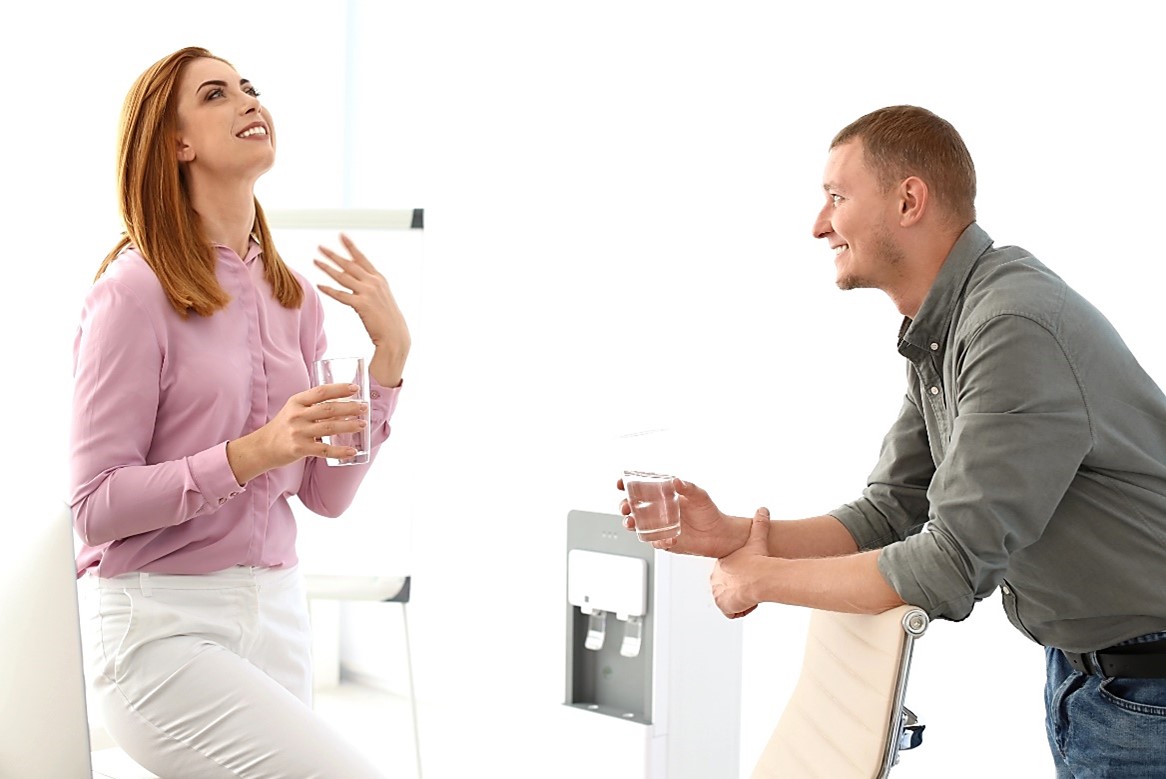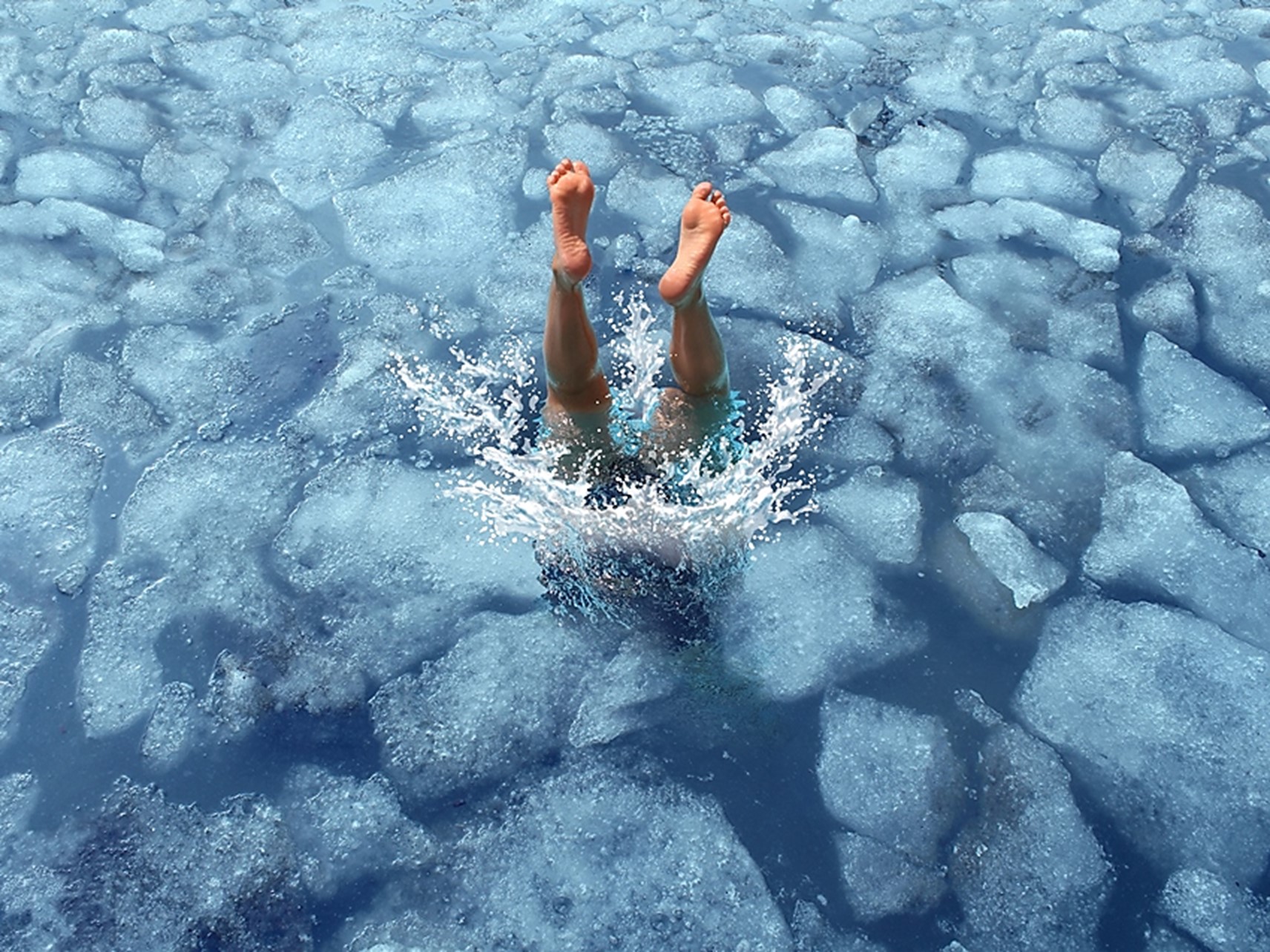
by Fern Shaw | Jan 28, 2025 | aquaid, water cooler, Water Coolers
It was the International Day of Education recently. The day is aimed at advocating for quality education and equal access to education for all.
Numerous activities promoting the significance of and highlighting how important education is were held across the UK.
What may be surprising is that something as simple as drinking water can significantly impact a child’s education, as staying hydrated is crucial for cognitive function, focus, and overall well-being, all of which play a vital role in a child’s ability to learn.
How does hydration affect learning?
Improved concentration and focus. When children are dehydrated, their brains don’t function at their best. Dehydration can lead to fatigue, headaches, and difficulty concentrating, making it harder for them to pay attention in class and absorb information.
Enhanced memory and cognitive function. Studies have shown that proper hydration can improve memory, critical thinking skills, and overall cognitive function. This means that well-hydrated children are better equipped to tackle challenging subjects and retain information.
Reduced illness and absenteeism. Dehydration can weaken the immune system, making children more susceptible to illness. By staying hydrated, children are less likely to get sick, reducing the number of school days missed and ensuring they don’t fall behind in their studies.
Improved mood and behaviour. Dehydration can affect mood, leading to irritability and fatigue. When children are well-hydrated, they are more likely to be happy, alert, and engaged in their learning.
What can parents and educators do to encourage children to drink water?
Make water readily available. Ensure that children have access to clean water throughout the day, both at home and at school.
Set a good example. Children are more likely to drink water if they see their peers, parents, and teachers doing the same.
Encourage children to bring water bottles to school*. This allows them to stay hydrated throughout the day.
Making a conscious effort to ensure that children are well-hydrated is a simple method that can help create a more conducive learning environment and help them reach their full potential.
Installing an AquAid water cooler or water fountains in schools provides students and staff alike with direct access to a constant source of drinking water. All of which help create and instill better hydration habits.
AquAid also offer *free refillable drinking water bottles and free school posters to help keep water top of mind during the school day.

by Fern Shaw | Jan 16, 2025 | water cooler, water cooler, Water Coolers
Drinking water is essential for our physical health. It keeps us hydrated, helps our organs function properly and can even improve our skin. But can something as simple as drinking water help spark inspiration? While it might sound far-fetched, there’s a compelling link between hydration and cognitive function, which can indirectly influence our ability to be inspired.
Our brains are about 75% water. When we’re dehydrated, even mildly, our cognitive functions can take a hit. Studies have shown that dehydration can lead to:
Reduced concentration and focus. It becomes harder to stay on task and delve deep into thoughts.
Impaired memory. Both short-term and long-term memory can be affected, making it difficult to recall information or connect ideas.
Increased fatigue and brain fog. Feeling sluggish and mentally foggy can stifle creativity and make it harder to generate new ideas.
When we’re properly hydrated, our brains function more efficiently. This can translate to clearer thinking, improved focus and a greater ability to process information, all of which are conducive to inspiration. Inspiration often strikes when we’re in a state of mental clarity and openness.
While drinking water alone might not magically bestow inspiration, it plays a crucial role in supporting optimal brain function and creating an environment where inspiration is more likely to strike. By staying hydrated, we can enhance our cognitive abilities, improve our mood and increase our energy levels, all of which can contribute to a more inspired and creative state of mind. So, next time you’re seeking inspiration, remember to refill your water bottle or water glass at your water cooler and drink up – it might just be the spark you need.

by Fern Shaw | Jan 13, 2025 | water boiler, water cooler
Yes, I am aware that’s a Christmas song. Yes, I’m aware we’re well into the first month of 2025. Thing of it is, it’s a great song and despite the festive season being a fond but distant memory, I’m still singing it inside my head. Also, with the current weather we’re having, it has a few lyrics that are quite applicable:
“Oh, the weather outside is frightful …” “But the fire is so delightful” “Man it doesn’t show signs of stoppin’”
“And I brought me some corn for poppin’”
Popcorn is good; fibre rich and fine to eat. Just try not to go overboard on the salt or butter.
If you’re the adventurous type, braving the snow and building snowmen, more power to you! But remember that even in cold weather, it’s easy to get dehydrated.
A few things that can contribute to dehydration of which you may not be aware are:
Physical activity. Even indoor exercise can make you sweat.
Not wearing a hat. This can lead to heat loss and dehydration.
Reduced water intake. You might naturally drink less water when it’s cold.
No matter how you’re enjoying (or enduring!) the winter weather, staying hydrated is key. To help you keep drinking water, hot or cold, top of mind, there’s a simple solution. Install a water cooler or hot water boiler from AquAid. You’re most welcome.

by Fern Shaw | Jan 8, 2025 | Water Boilers, water cooler, Water Coolers
We often mistakenly assume that keeping hydrated during winter is less important than in summer. This is not the case.
In winter, to keep warm, we rely on using heaters, hairdryers and hats (yep, hats) which quite literally suck the moisture and oils right out of our bodies, skin and hair. When we’re outside, low humidity and gusty winds don’t help much either.
Never fear, though, as there are quite a few things you can incorporate into your daily routine that will snap you back into being bright-eyed, clear-skinned, and bushy-tailed – so to speak:
Use a humectant on your hair
Each week, condition with a treatment containing a *humectant like glycerine that attracts and locks in moisture, and in turn restores shine. If the humectant is water based, that’s the sort of thing to look for.
*Humectants are ingredients in products that draw moisture in.
Body scrubs and oils
Frigid temperatures and dry indoor heat cause water to evaporate from your skin because there’s more moisture in it than in the air. Bundling up doesn’t help matters – all those layers keep skin from breathing. There are ways to reduce these issues, though. Once a week, exfoliate with a body scrub to help slough off dead cells that make skin look dull. You’ll also find that giving your skin a brisk scrub will warm you right up, too. If you have sensitive or delicate skin, use a gentle method when exfoliating or scrubbing. When skin is freshly exfoliated, lotion and oil are better absorbed. To maintain hydration, smooth on moisturiser after bathing or showering.
Warm up your morning commute
Take a cosy tumbler of tea with you when you leave the house for the day. Not only will it keep you warm and hydrated, but it’ll do a body good – black tea may even prevent your body from absorbing fat from food.
‘Eat’ your water
Fruit and veg are packed with water, that high water content adds volume and keeps you satisfied without the calories. Soups are also a great way to sneak in some extra water. For a constant supply of piping hot water, day and night, speak to AquAid, whatever your hot & cold water cooler and hot water boiler requirements.
Being fussy can help
A lot of us just don’t like drinking water, period. Try adopting a different approach. For example, if you don’t like drinking chilled water, try drinking your water at room temperature. If you’re into branded gear, use your favourite cartoon character-branded water bottle to drink from if it makes you happy. Figure out what appeals to you. And since your ability to recognise your thirst may worsen as you age, today, as we plunge into the New Year, is a good time as any to start getting into the keeping hydrated.

by Fern Shaw | Nov 27, 2024 | water cooler, Water Coolers
Winter is almost upon us, bringing with it time to bundle up, exercise less, and usually eat less greens and more of the comfort food … or so we’d think.
But resorting to more hibernation-type habits isn’t really the way to go (One of my personal mantras is ‘shoulda been a bear’ – as I believe hibernating for 8 months of the year is a sound idea). There are loads of options we can take in the winter months that aren’t that difficult to follow and can keep us as summer lean in the process.
Keep exercising
I’m not suggesting you swim the Channel or go running in minus ten-degree weather, but if you attend a gym or health fitness club, keep up with it. In cold months, your own exertions will keep you nice and toasty while exercising, instead of trying to continuously cool down when you’re exercising in the summer months. Just remember to keep hydrated. You can become just as dehydrated in winter as you can in the summer.
Drink water, lots of it.
If you don’t have access to a fitness club, exercise at home – there is tons of information on YouTube, on social media, or on the internet in general, that can give you adequate instruction on exercise regimes you can follow to keep toned up.
Bulk up with rich, healthy food
Again, the instinct (which is hard-wired into our genetic code) is to eat rich, fatty foods in winter so we can bulk up and insulate ourselves. The thing is, we’re not seals and we don’t live in the Arctic (even if some days it may feel like it). There are loads of options to eat hearty-warming food without packing on the weight.
It makes good sense to eat with the seasons. Food in season right now is plentiful which will keep your spend on food down, as in-season food is more readily available.
There’s such a vast range of seasonal food that’s available now, you’ll be spoilt for choice:
Fruit – Pears; apples, cranberries; elderberries and quinces are all in season now.
Vegetables – Artichoke, beetroot; butternut squash; celeriac; celery; chicory; chillies; horseradish; leeks; marrow; parsnips; pumpkin; shallots; swede; sweetcorn and tomatoes.
Herbs and nuts – Almonds; brazil nuts; chestnuts; chives; hazelnuts; rosemary; sage; sorrel and walnuts.
For the meat eaters – Beef; duck; lamb; rabbit; turkey and venison.
Fish – Clams; cod; dover sole; haddock; halibut; hake; lobster; mackerel and plaice.
Finally, in the food annals – don’t forget about good old porridge: Oats provide soluble fibre called beta-glucan which can help lower LDL (bad) cholesterol. The fibre in oats makes it a slow-releasing carbohydrate which keeps blood sugars steady so should stop you reaching for a high-fat snack. If you are not a fan of porridge, add oats to smoothies, mueslis, or yogurts, to bread or fish.
Don’t stop drinking your water!
Throughout all of this, keeping up with exercising; eating the right food, the most important winter months regime is to keep up with drinking water – if you’re averse to cold water, then drink warm water.
If you’re dispensing water from your AquAid water cooler in the workplace, office, store, shop, retail space, school, college, or university, you’ll be spoilt for choice depending on which of our wide range you have installed. We supply high-quality machines that dispense ambient temperature, hot, cool, or chilled water at the wave of your hand/at the touch of a button.
Not only does water fill you up and make you less inclined to eat too much, but often when you think you’re hungry, you’re actually dehydrated, so drinking enough water is a win-win all around.





